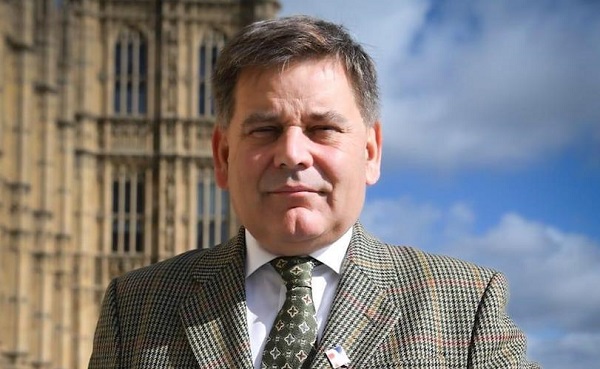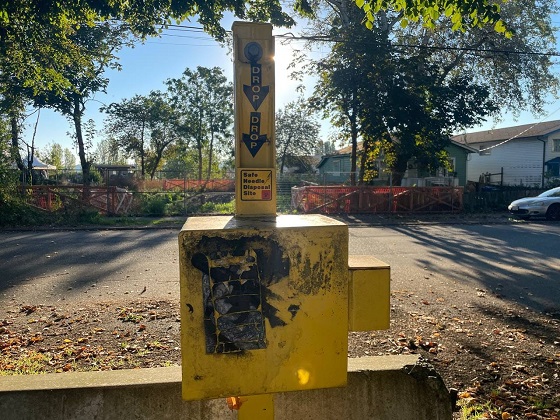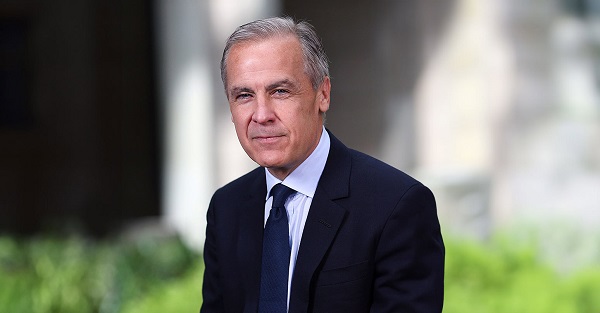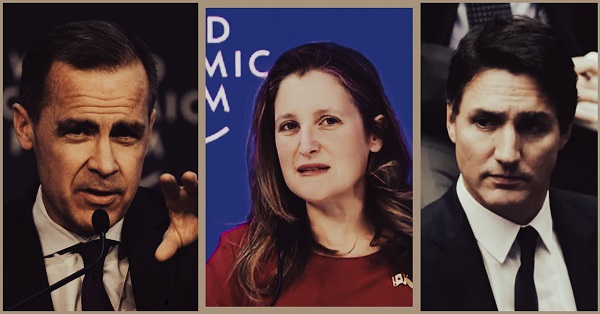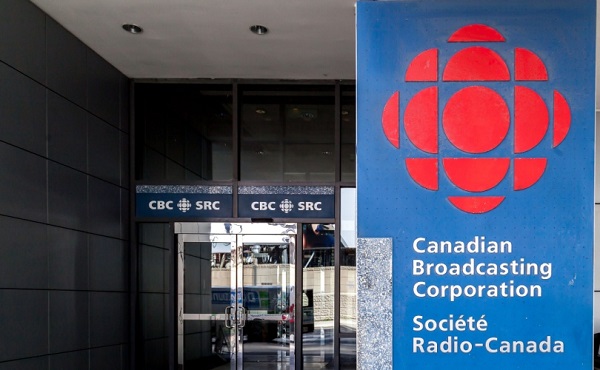From The Center Square
While the greenhouse gas reduction programs that raise electricity rates are part of California’s climate goals, the increased prices actually discourage individuals from switching away from using fossil fuels impacting California’s ambitious climate goals.
California has completed yet another year with some of the highest electricity rates in the country – almost double the national average. The state’s electricity rates have been increasing rapidly, outpacing inflation in recent years by approximately 47% from 2019 to 2023. This is due largely to the high rates charged by the state’s three large investor-owned utilities (IOUs).
According to a report published by the California Legislative Analyst Office, the factors driving rate increases are wildfire-related costs, greenhouse gas reduction mandates, and policies and differences in utility operational structures and services territories. Ratepayers bear the brunt of these costs with those who earn lower incomes and live in hotter areas of the state the most severely affected.
The report points out that while the greenhouse gas reduction programs that raise electricity rates are part of California’s climate goals, the increased prices actually discourage individuals from switching away from using fossil fuels impacting California’s ambitious climate goals.
These programs include the Renewable Portfolio Standard (RPS), which requires utilities to provide a percentage of retail electricity sales from renewable sources, raising costs for ratepayers. Additionally, SB 350 directs the CPUC to authorize ratepayer-funded energy efficiency programs to meet California’s goal of doubling energy efficiency savings by 2030.
“While many other states operate ratepayer-supported energy efficiency programs, on average, we estimate that Californians contribute a notably greater share of their rates to such programs than is typical across the country,” the report notes.
Electricity rates pay for numerous costs related to the construction, maintenance and operation of electricity systems including the generation, transmission and distribution components. However, these rates also pay for costs unrelated to servicing electricity.
“Most notably, the state and IOUs use revenue generated from electricity rates to support various state-mandated public purpose programs,” the report says. “These programs have goals such as increasing energy efficiency, expediting adoption of renewable energy sources, supporting the transition to zero-emission vehicles (ZEVs), and providing lower-income customers with financial assistance.”
The largest public purpose program is the California Alternate Rates for Energy (CARE), which provides discounts for lower-income customers. However, the report notes that while CARE benefits certain customers, it shifts the costs onto other slightly higher-income customers and that the majority of Californians spend a larger portion of their income on electricity compared to other states.
Electricity bills also reflect other state and local tax charges including utility taxes that are used to support programs such as fire response and parks in addition to the state-assessed charge on electricity use that is put into the Energy Resources Programs Account (ERPA). This account is used to pay for energy programs and planning activities.
While many of the funds recovered through electricity rates are fixed costs for programs, these costs increased in 2022 following the repeal of a state law that limited fixed charges at $10, requiring the California Public Utilities Commission (CPUC) to authorize fixed charges that vary by income. These come out to be around $24 per month for non-CARE customers and $6 per month for CARE customers.
Wildfire related costs have also been increasing. Before 2019, wildfire costs included in electricity rates charged by IOUs were negligible, but now it has grown between 7% and 13% of typical non-CARE customers. Reasons for this increase include California’s high wildfire risk and the state’s liability standard holding IOUs responsible for all costs associated with utility-caused wildfires.
“The magnitude of the damages and risks from utility-sparked wildfires have increased substantially in recent years,” reads the report. “Correspondingly, IOUs have spent unprecedented amounts in recent years on wildfire mitigation-related activities to try to reduce the likelihood of future utility-caused wildfires, with the associated costs often passed along to ratepayers. Furthermore, California IOUs and their ratepayers pay for insurance against future wildfires, including contributing to the California Wildfire Fund.”
According to the report, electricity use and rates for Claifornians are only expected to increase and the legislature will have to determine how to tackle the statewide climate goals while reducing the burden on ratepayers.





